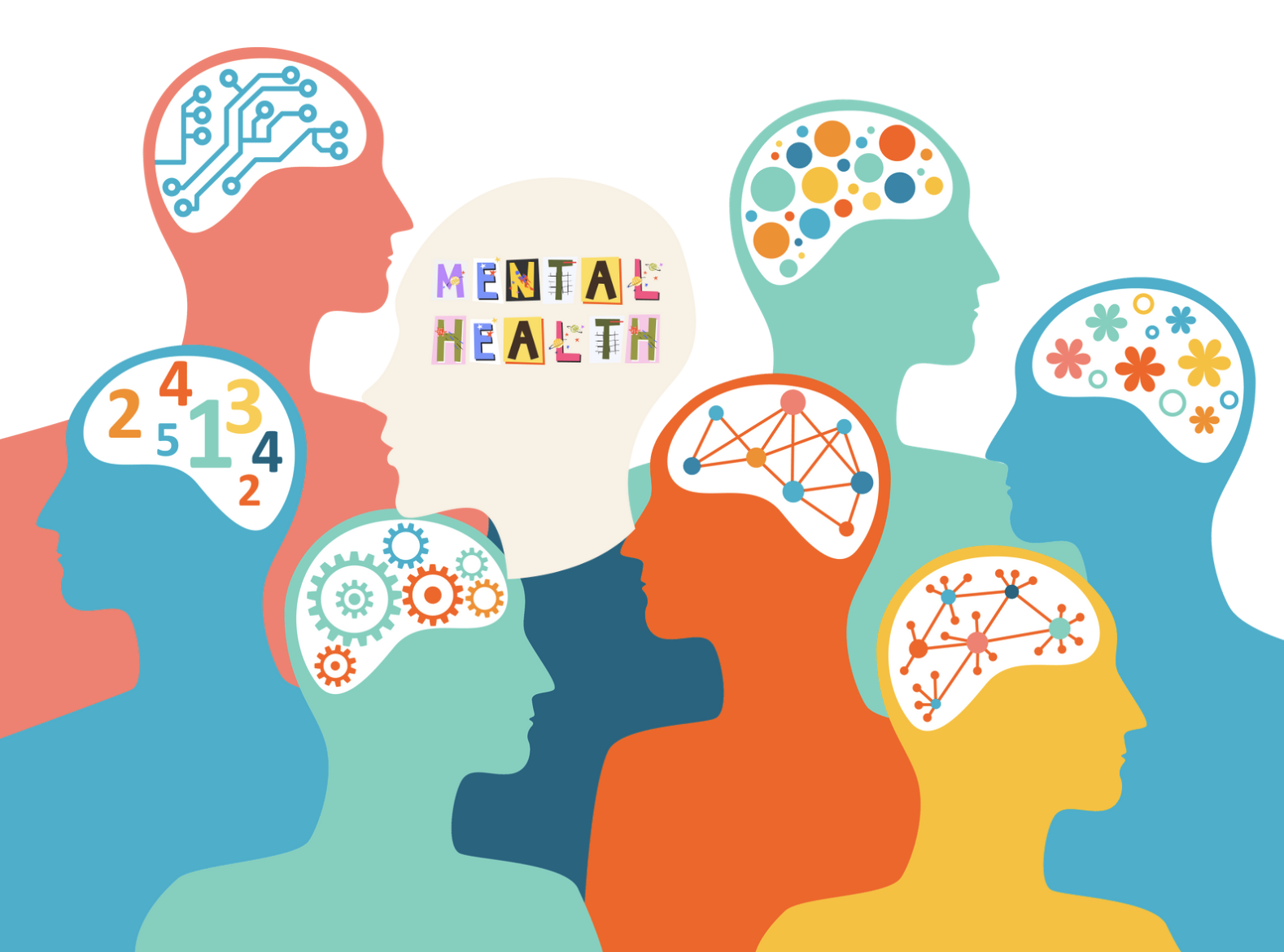Journalists also have a responsibility to report safely on these topics. Here are four resources for guidance around legal assistance, story ideas, writing about suicide/alcohol/drug use and how to focus on solutions journalism.
- Dr Elizabeth Paton from Mindframe presents this video webinar on how to safely and responsibly report on mental health concerns, suicide and alcohol and other drug use within your community. Mindframe is a program supporting safe media reporting on mental health issues.
- LINA has partnered with the ABC to provide you with this ABC Legal pre-publication review. The ABC team can help you identify potential legal risks before publication. It can be useful when covering delicate topics like mental health.
- This video webinar on solutions journalism is hosted by Ph.D. candidate in the Department of Media, School of Humanities, Kate Roff. Kate explains why solutions journalism is critical to reporting, and how to implement it into your newsroom.
- The LINA story leads website page has article ideas around the upcoming Mental Health Month in October, and World Mental Health Day on October 10.
Journalists, it is important that you continue to check on your own mental health, particularly when reporting on difficult stories. Here are eight resources and articles covering courses and support for you, as well as articles around navigating stress, burnout and PTSD.
- Beyond Blue offers free, confidential support for small business owners. Available nationally over phone or video call, your mental health coach will work with you to manage stress and overwhelm using straightforward problem-solving approaches.
- The Support Act Wellbeing Helpline is a free phone counselling service for anyone working in Australian music or the arts, easily accessed by calling 1800 959 500.
- Red Cross runs Psychological First Aid courses that teach how to provide support in psychological crises.
- Reporting on community trauma can be challenging, particularly for hyperlocal journalists who are often personally connected or involved with the stories they’re covering. NBCU Academy covers how to practise self care after publishing. This article may be particularly relevant to reporters of colour.
- Editors, read here how you can best support your writers if they are struggling with mental health.
- It can be difficult to continue to lead your business (particularly for editors working under tight deadlines) when you are struggling yourself. This HBR article provides tips for leading through anxiety.
- 70% of journalists have experienced work related burnout, according to the Center for Innovation and Sustainability in Local Media. This American Press Institute article covers navigating burnout as a journalist.
- Take twenty minutes out of your day to organise a Stop Doing list, which is essentially an audit of your ongoing task list. Explore which tasks you can cut out and which tasks you’re putting off to ensure you’re being as productive as possible. This LINA video webinar will help you get started.
Many of these resources were found in the American Press Institute’s Mental Health Resource List — find the full list here.


